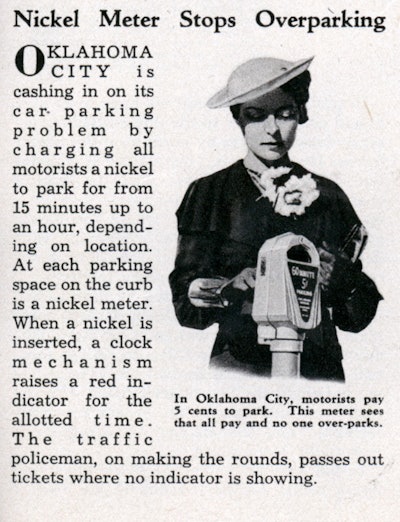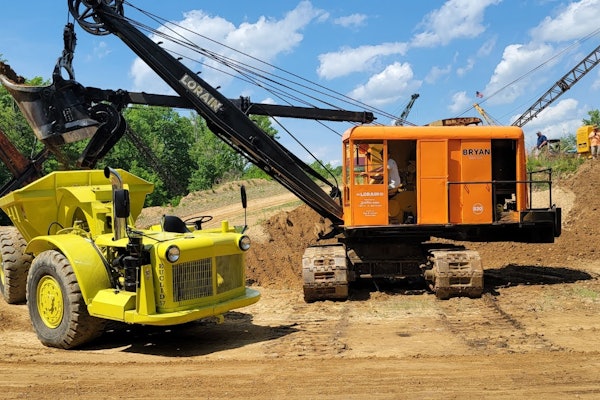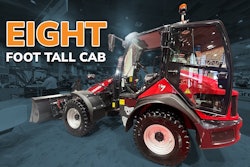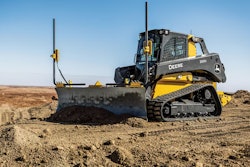 (Photo: via Paleofuture)
(Photo: via Paleofuture)On July 16, 1935, in Oklahoma City, parking changed forever.
There, on the sidewalk, the parking motorist found a new contraption. The parking meter had arrived. Thank you, Carl C. Magee.
No more free parking, not even parking under time limit signs, but pay up front and make sure you don’t forget to feed it or get back in time. It made policing parking easy so it helped fill the coffers of a lot of American cities over the years.
Unusual character was Mr. Magee. Among other adventures, according to Oklahoma State University, “In his former life he had worked as a reporter for an Albuquerque newspaper, had exposed the Teapot Dome scandal, and had testified against Secretary of the Interior Albert B. Fall. Magee was later arrested for manslaughter in an altercation with a New Mexico judge but was acquitted.”
Here was a guy who made his fortune literally a nickel at a time.
The parking meter has really not changed that much. It was one of those inventions that did a very simple job. Of course we’ve now digitized it so you can use your credit card or fill it from a smart phone, but we really didn’t need to. The 1935 model would still do the job.
It seems to have been one of those innovations that solved a problem and that was that. Apparently one of its improvements was to make it harder to behead, and we can probably thank Paul Newman in the classic movie Cool Hand Luke for that. (If you don’t know what I’m referring to, watch the video to the left.)
And surely one day they will play music and take videos and tell you about local restaurants. Speaking of music, we can thank the Park-O-Meter (as Magee first called it) for The Beatles’ Lovely Rita. She was, of course, a Meter Maid, a person we would never have known without Carl’s invention. And don’t forget Bob Dylan’s “don’t follow leaders watch the parking meters” line from Subterranean Homesick Blues.
How often in a movie does the hero find a parking place right where she needs it, right when she needs it? Every time, right? But do they ever feed a meter?









